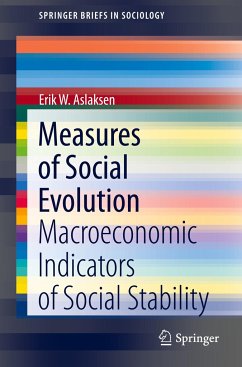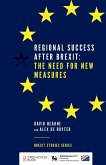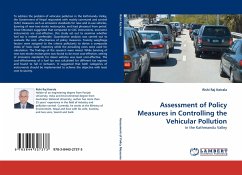This book extends a previously published model of social evolution by using macroeconomic measures to indicate both the current state of the society, and its evolutionary trajectory. This model considers society as a system of interacting elements evolving through stages of increasing strength of interaction and complexity of structure. It measures society in constituting the world collectively, with nation-states as the elements, here described through macroeconomic measures such as GDP, government expenditure, and inequality. The economic data presented indicates that this stage is approaching the next evolutionary step, which is either the formation of a world society of nations, with an associated overarching common infrastructure absorbing some of the sovereign functions of nation-states as they exist today, or as a society of competing groups of nations, each bound by alliances and bilateral agreements. The book explores how the former faces great obstacles in the form of nationalism and a misunderstood concept of sovereignty, and poses that it is in an embryonic stage. The author poses that it is this structure that would be best equipped to handle common challenges, such as the environment and global warming, and topically, pandemics. A novel interdisciplinary text in social complexity, this book is of interest to researchers in socio-economic fields.








